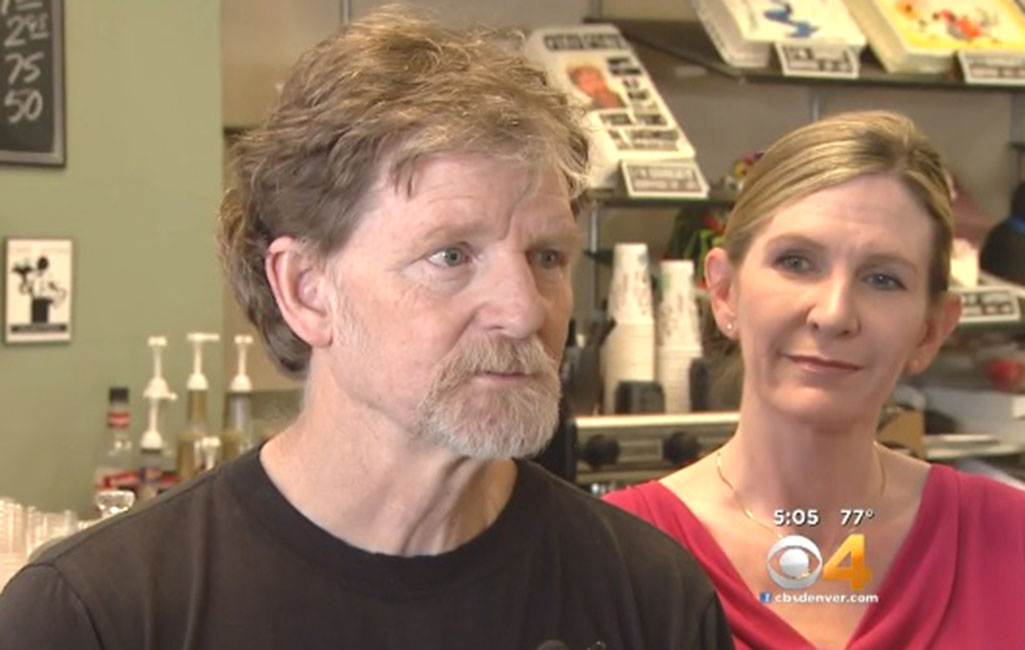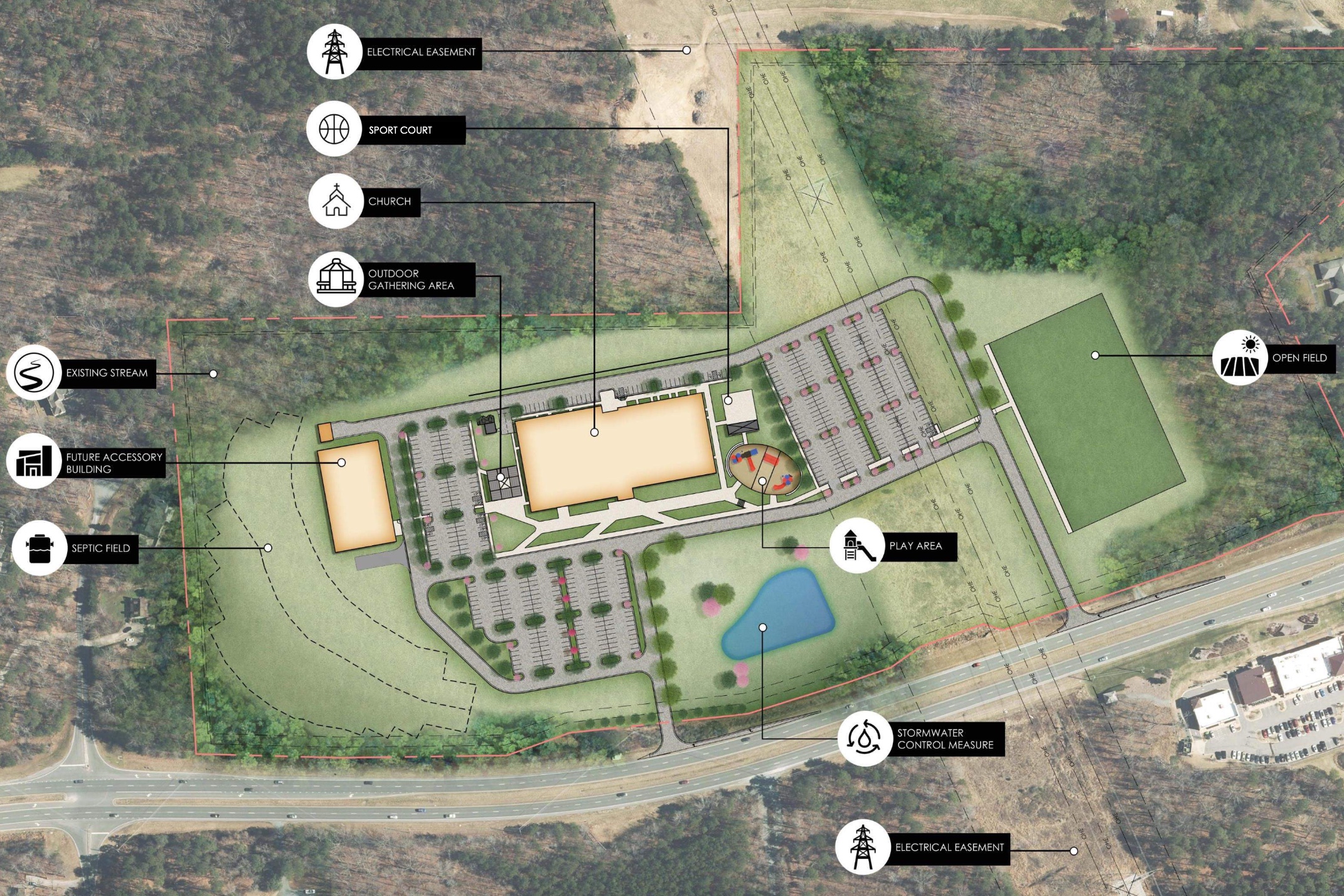
Colorado cake shop owner Jack Phillips lost his appeal with the state's Court of Appeals Thursday (Jan. 26).
DENVER – A Colorado court has again rejected cake designer Jack Phillips’ effort to defend the freedom to conduct his business according to his Christian beliefs.
The Colorado Court of Appeals ruled Thursday (Jan. 26) that Phillips’ refusal to create a custom cake for a gender transition celebration is not protected by the free speech clause of the U.S. Constitution’s First Amendment. The three-judge panel also unanimously agreed a state law prohibiting discrimination based on transgender status does not violate the free exercise of religion.
The ruling affirmed a 2021 decision by a Denver District Court judge that found Phillips and his business, Masterpiece Cakeshop, transgressed Colorado’s Anti-discrimination Act (CADA). Alliance Defending Freedom (ADF), a religious liberty organization that represents Phillips in the case, said the opinion would be appealed.
The appeals court’s ruling is the latest in a succession of court proceedings initiated more than a decade ago regarding Phillips’ decision not to design cakes he believes would communicate a message that conflicts with his faith.
The U.S. Supreme Court delivered an important, though limited, victory to Phillips in a previous case. In a 7-2 opinion in 2018, the high court ruled the Colorado Civil Rights Commission violated the religious free exercise clause of the First Amendment by penalizing Phillips for refusing to create a cake for the wedding of two men. The justices said the commission demonstrated “religious hostility” toward Phillips – who believes marriage is only between a male and a female – but also indicated it might rule differently in other contexts with similar facts.
“Once again, the Colorado judiciary fails to recognize the fundamental rights of free speech and free exercise of Jack Phillips and all the people of Colorado,” said Palmer Williams, general counsel and senior policy advisor for the Southern Baptist Ethics & Religious Liberty Commission (ERLC).
“Just as we don’t accept government steamrolling the conscience, neither should we accept these actions,” she told Baptist Press in written comments. “These are fundamental rights enshrined in the Constitution, and it is deeply concerning they are being assailed, instead of protected, in Colorado.”
The ERLC filed a friend-of-the-court brief with the Supreme Court in support of Phillips before the 2018 decision.
ADF Senior Counsel Jake Warner, who argued on behalf of Phillips before the appeals court, said, “No one should be forced to express a message that violates their core beliefs. One need not agree with Jack’s views to agree that all Americans should be free to say what they believe, even if the government disagrees with those beliefs.”
The cases involving Phillips are among multiple ones in the last several years dealing with the freedom of business owners, especially wedding vendors, to exercise their religious faith by declining to provide services for such events as same-sex ceremonies.
The Supreme Court heard oral arguments in December in a challenge to the CADA and is expected to issue an opinion before its term ends this summer.
In that case, Lorie Smith, owner of 303 Creative in the Denver area, refused to design a website for a same-sex wedding because of her belief as a Christian that marriage is only between a man and a woman. The CADA’s requirement that she create a custom website for such a ceremony violates her right to free speech, Smith contended.
In the case decided Thursday by the Colorado Court of Appeals, Autumn Scardina, a biological male who reportedly began identifying as a woman in 2010, filed suit against Phillips and his shop in 2019 after he declined to make a pink birthday cake with blue frosting to commemorate the gender transition. Scardina made her request of the Lakewood shop on the same day in 2017 the Supreme Court agreed to accept the initial case involving Phillips.
The Court of Appeals panel rejected Phillips’ contention that the creation of a pink cake with blue icing amounts to speech that is protected by the First Amendment. The court acknowledged “expressive conduct need not contain verbal speech or the written word” to receive constitutional protection.
But in a 48-page opinion written by Timothy Schutz, the panel said “creating a pink cake with blue frosting is not inherently expressive and any message or symbolism it provides to an observer would not be attributed to the baker.” Therefore, the CADA “does not compel Masterpiece and Phillips to speak through the creation” of the cake requested by Scardina.
The court also denied Phillips’ assertion that the CADA violates his right to express his Christian faith freely. The Supreme Court has ruled the government has a compelling interest in preventing discrimination in public accommodations, the panel said. As a result, the CADA “may be enforced against Masterpiece and Phillips without violating their right to the free exercise of religion,” Schutz wrote.
In 2021, District Court Judge Bruce Jones ruled Phillips and his shop violated the CADA by denying service to Scardina based on “sexual orientation.” ADF lawyers for Phillips in both cases have argued he doesn’t refuse people – his shop serves gay and transgender customers – but merely messages that contradict his religious beliefs.
Jones, however, ruled the CADA only requires Scardina to show Phillips and Masterpiece “refused to provide her goods and services because of her identity — it does not require her to show that [defendants] refuse to provide baked goods to all LGBT [lesbian, gay, bisexual, transgender] individuals in all contexts.” He rejected arguments that the CADA violates Phillips’ rights of free speech and free exercise of religion.
Phillips bases his belief a person cannot transition from one sex to another on biblical teaching.
(EDITOR’S NOTE – Tom Strode is Washington bureau chief for Baptist Press.)


